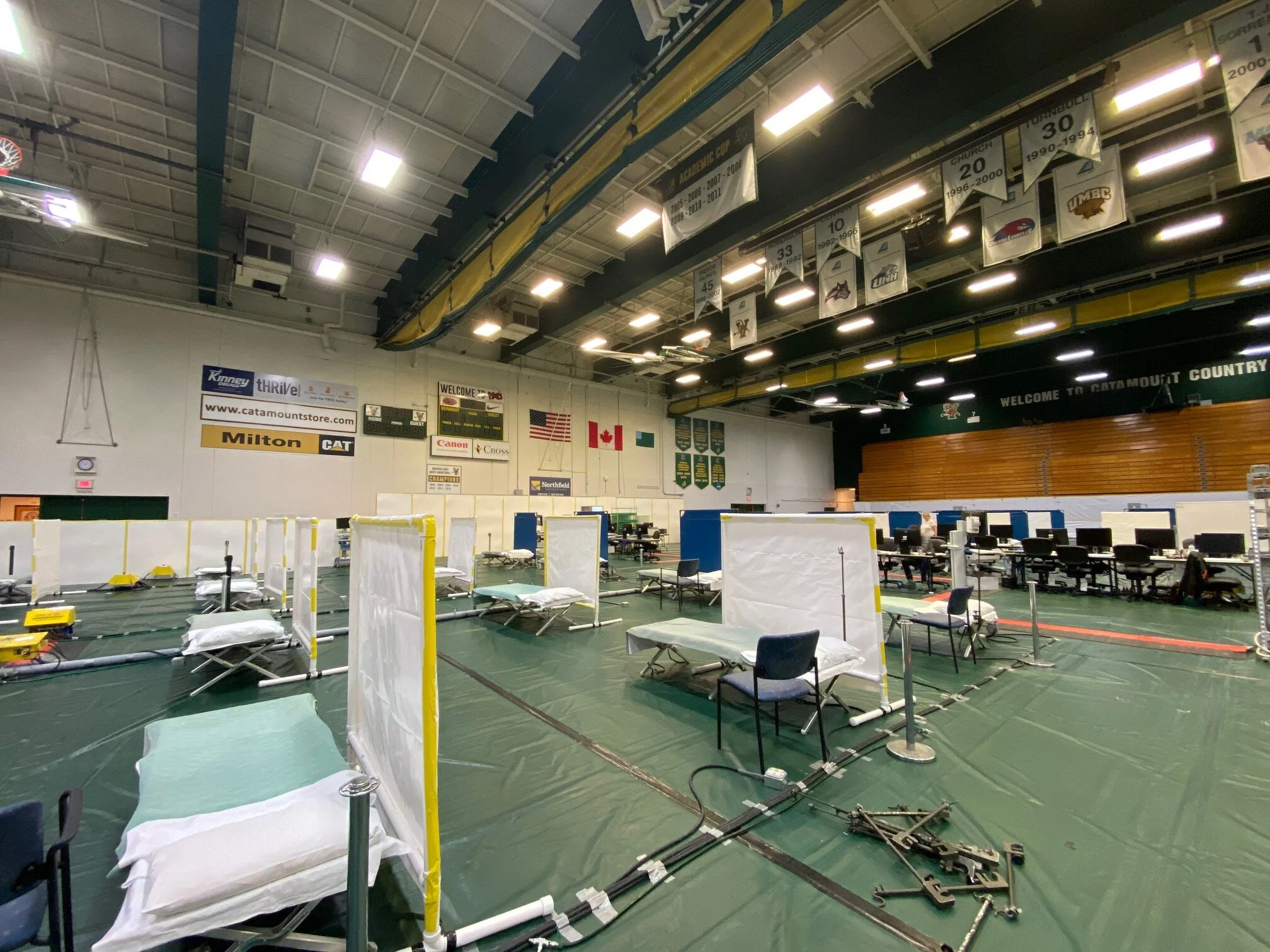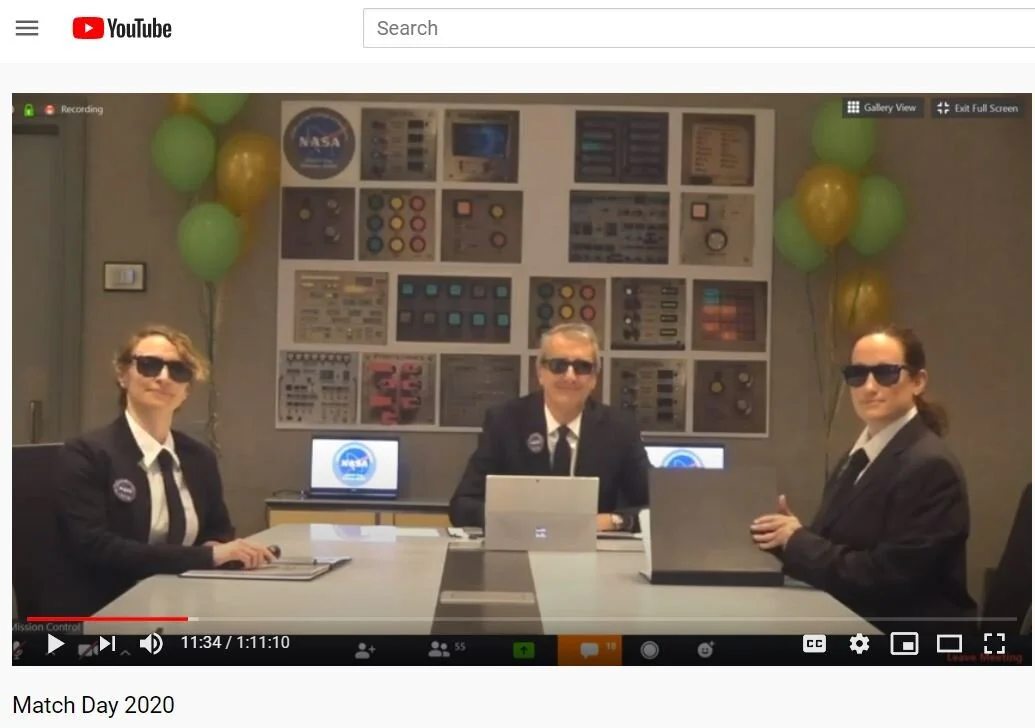UVM researchers collect peer-reviewed, published COVID-19 articles into new database
In early March as University of Vermont students went on spring break, Dr. David Krag and his research intern began the intricate process of collecting research on COVID-19.
Dr. David Krag, UVM surgical oncologist and surgery professor. Courtesy photo
Krag is a surgical oncologist and professor of surgery at UVM’s Larner College of Medicine. Previously, he and UVM senior neuroscience major Shania Lunna had been working together to collect research on the opioid crisis, but together they decided to shift their focus. The COVID-19 crisis took priority.
They saw that no one person could possibly read and organize all the hundreds of articles being produced about the virus, so they decided to tackle the challenge.
In a matter of weeks, they have created a database that has amassed a vast collection of the most current information on COVID-19.
The goal, Krag said, is to create an accessible, easy-to-use resource for those interested in learning more about the virus, that dives deeper than the daily news headlines.
“We can listen to the news and hear that yes, it’s older people, and sicker people. Or we could go to this section [of the database] and get the fine details of everything that’s been published,” Krag said.
Krag and Lunna added three additional researchers to their team which is working to read, describe, and categorize peer-reviewed and published articles sourced from the online database, PubMed. The articles are published through PubMed, and then accumulated in RefBin, an online reference management tool that Krag’s team uses to read and categorize into their own database.
UVM senior neuroscience major Shania Lunna, shown here with with her cat Mookie, has been working with Dr. David Krag in developing the Covid-19 database. Courtesy Photo
The new database is meant for anyone interested in learning more about the virus from medical professionals to someone researching their symptoms. “It’s really everybody. It’s a person whose relative has a fever. It’s a primary care physician in the Northeast Kingdom. It’s a researcher. It’s the state of Vermont,” Krag said.
So far, they have organized about 200 articles within the database. Every day more articles about the virus are published and added to PubMed. It is up to researchers like Lunna to read the new material, write descriptions, and categorize them.
In addition, Krag and Lunna said that there are many published reviews of other articles that may have valuable content, but do not serve as new research. Those are put into a “reviews” category on the database.
The U.S. government has also collected a database of COVID-19 research. Lunna, who spent time trying to understand the National Institutes of Health website and its content, described it as “really confusing... there doesn’t seem to be descriptions of the articles.”
Krag said the UVM database project aims to provide a specific and user-friendly search method. By typing in keywords in the search tool it not only pulls up articles, but locates them in specific categories and subcategories, narrowing the search.
“By bundling all these pieces of information together into common places, then people don’t need to know what they’re looking for – here’s the menu and you just scroll down and find everything you need,” Krag said.
Organizing this body of research that’s growing daily provides a tool that Krag said he and other medical professionals anywhere can use to share information as they work to treat patients and find cures for the COVID-19 virus.
“I’m a physician and I’m trying to develop applications that show that you have to pick from here and there and everywhere and you can’t be a lightweight – you really have to drill down hard. So in order to do that, you have to be facile with published literature.”
Krag said the team is seeking more researchers to help read and categorize articles.
Krag noted that access to the material hasn’t been a problem. Similar to major news reporting on COVID-19, academic publications are providing access to new research articles for free, he said.
In order to ensure access to the organized research, the work by the UVM team is located on the research website refbin.com where the portal to the COVID-19 material is on the homepage.
Meanwhile, Lunna plans to pursue clinical research and public health as a career.
She reflected on an internship experience she didn’t expect when the semester began in January: “My internship has never felt more important,” Lunna said. “This is clearly a big problem that's impacting our world in many ways right now. And we need to find solutions as soon as possible. We are going to make this database available soon so that doctors working on the cases can have the best possible information.”
Watch our interview with Dr. David Krag where he talks about his work developing https://refbin.com/ and how when the Covid crisis hit, he and UVM student Shania Lunna pivoted their work to help in the fight against the novel virus.









